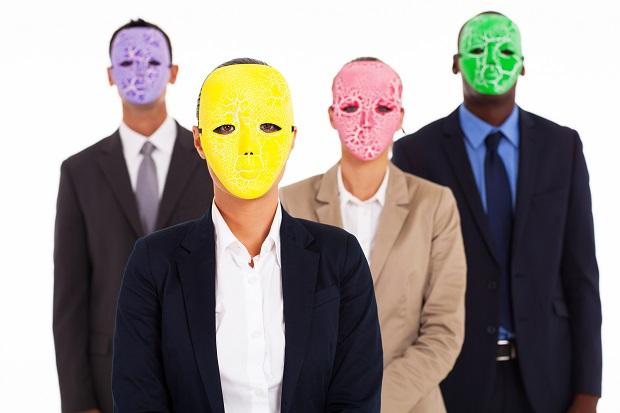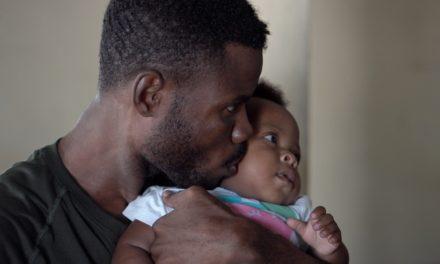
This is the fourth installment in a series of articles on what it means to have bold conversations about race.
The Winters Group is sponsoring a new feature at The Forum on Workplace Inclusion called Bold Conversations: Calling the Race Card. I started the series asking if we are ready to have bold conversations about race. The second piece explored the complex definitions of race and posited that it is really color rather than race that matters. The third post explored the idea of colorism.
The first three posts were designed to provide background for why it is so difficult to have conversations about race. First, we don’t have a consistent definition and secondly we don’t understand the complexities such as phenomena like colorism. Given these difficulties, it is important to not enter into bold conversations lightly. We should be “trained” and equipped with the skills and abilities to engage in such conversations.
Notwithstanding the need for the proper skills and abilities, we are not having conversations about race. According to the results of a survey conducted by The Public Religion Research Institute (PRRI) in 2013:
- Seventy-five percent of white Americans reported that the circle of people with whom they “discuss important matters” is entirely white and only fifteen percent said they have a racially mixed social network.
- Almost two-thirds (sixty-five percent) of black Americans report having a social network comprised only of black people.
- In contrast, only forty-six percent of Hispanics report that their social networks are limited only to other Hispanics and thirty-four percent report having a mixed social network.
So the conclusion one can draw is two-fold: (1) In general, most of us don’t have the capability to have effective dialogue around race; and (2) We are not trying to develop the skills as the survey points out, such discussions are rare.
What are the skills that we need to have effective dialogue?
- Ability to find common ground. Discussions of race can be polarizing, an “us and them” outcome. This is often because we don’t think we have much in common because we don’t know much about each other. Therefore, the first step is to explore our commonalities.
- Learn to suspend judgment until you know more. Often we are so rooted in our own worldview that we judge others’ beliefs as either absolutely right or wrong. Often these conclusions are based on little real in-depth knowledge of other cultures.
- Ability to listen, learn and expand our own worldviews. Learning to listen from the lens of the other requires empathy and a high level of emotional intelligence.
- Gain knowledge of one’s own and other cultures. Cultural self-awareness is key to the capability of understanding others. We must first surface those unconscious values and beliefs that make us who we are and guide our behavior. This step is really a life-long pursuit of continuing to gain self-awareness and being curious and learning about others. It takes time and commitment.
The take-away from this is that we need to be more intentional in developing self-awareness and other-awareness skills and to develop these skills takes time and practice. The benefit is more productive cross-racial conversations that will get us closer to the inclusive world that we all want.


















